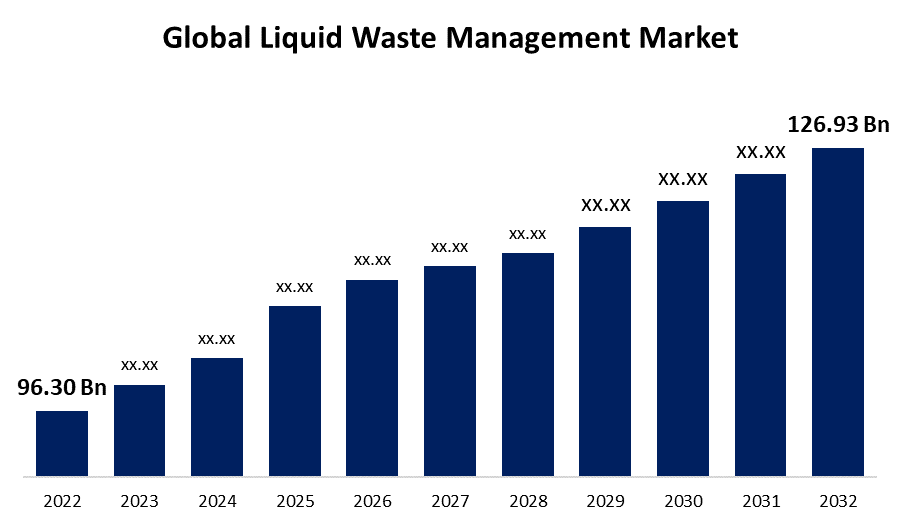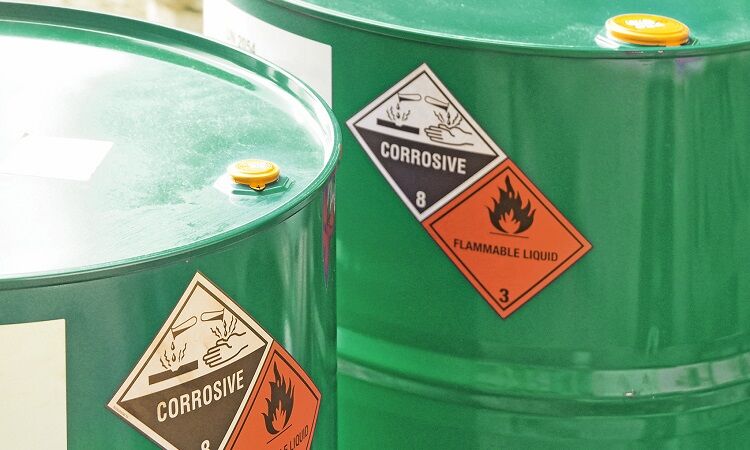Leading Liquid Waste Disposal Melbourne: Trusted Solutions for Proper Waste Administration
Leading Liquid Waste Disposal Melbourne: Trusted Solutions for Proper Waste Administration
Blog Article
Comprehending the Comprehensive Refine of Fluid Garbage Disposal: Ideal Practices and Environmental Effect Factors To Consider
The monitoring of liquid waste disposal is a diverse issue that requires a complete understanding of various finest practices and their connected environmental impacts. From the kinds of fluid waste produced to the approaches utilized for collection, treatment, and final disposal, each step plays an important function in guarding ecological communities and public wellness.
Sorts Of Liquid Waste
Comprehending the various kinds of fluid waste is crucial for reliable monitoring and disposal methods. Fluid waste can be generally categorized right into numerous kinds, each calling for distinct handling and therapy strategies.
Industrial fluid waste often contains harmful products, consisting of hefty steels, solvents, and chemicals, produced throughout making processes. These wastes necessitate stringent governing conformity to safeguard human wellness and the environment. Domestic fluid waste primarily describes wastewater created from families, including sewer and greywater, which, although less toxic, can still present considerable risks if poorly handled.
Agricultural liquid waste, including overflow from farms, typically includes plant foods and pesticides that can lead to ecological degradation otherwise treated properly. Clinical fluid waste, generated from health care centers, includes polluted fluids such as physical liquids and chemicals, requiring specialized disposal approaches to avoid infection and environmental contamination.
Last but not least, oil and grease waste, normally created by restaurants and auto markets, can cause severe obstructions in drain systems if not handled correctly. Comprehending these groups promotes targeted strategies for treatment, compliance with policies, and effective disposal techniques, inevitably advertising ecological sustainability and public wellness safety and security.

Collection Methods
Effective collection approaches are essential for the correct management of fluid waste, making sure that it is gathered securely and efficiently before treatment or disposal. Numerous strategies are employed depending upon the kind of liquid waste created, the quantity, and the certain qualities of the waste.
One usual approach is making use of dedicated collection storage tanks or sumps, which are created to catch fluid waste at the resource. These systems often include pumps that promote the transfer of waste to bigger storage containers or treatment facilities. Additionally, mobile collection units outfitted with vacuum cleaner technology are utilized in situations where waste is generated periodically or in hard-to-reach areas.
For commercial setups, closed-loop systems can effectively reduce spills and leaks, permitting the recuperation and reuse of fluid waste. It is also necessary to train workers on proper collection protocols to reduce risks related to hazardous compounds.
Moreover, carrying out regular upkeep timetables for collection tools ensures optimal performance and safety. The assimilation of advanced surveillance systems can boost collection effectiveness by supplying real-time data on waste degrees and prospective risks. Generally, efficient collection approaches are foundational to sustainable liquid waste management techniques.
Therapy Processes
Therapy processes play a vital role in the management of fluid waste, changing potentially dangerous materials right into recyclable resources or safe effluents - liquid waste disposal. These procedures can be broadly categorized right into physical, chemical, and biological techniques, each tailored to address particular pollutants present in the waste stream
Physical treatment techniques, such as sedimentation and filtering, work by eliminating put on hold solids and particulate issue. These strategies are typically the initial step in the therapy chain, successfully lowering the tons on succeeding processes. Chemical therapies include using reagents to reduce the effects of dangerous materials, speed up heavy metals, or oxidize natural contaminants, thereby improving the security of the effluent.
Organic therapy processes, consisting of turned on sludge systems and anaerobic digestion, profit from the natural capacities of bacteria to break down raw material. These techniques are particularly efficient for wastewater consisting of eco-friendly pollutants. Advanced therapy innovations, such as membrane filtering and progressed oxidation procedures, are increasingly employed to attain greater levels of filtration.
Incorporating a combination of these treatment methods not just ensures conformity with regulative requirements yet additionally promotes ecological sustainability by recovering beneficial resources from fluid waste.
Disposal Options
Just how can organizations make sure the safe and accountable disposal of fluid waste? Reliable disposal alternatives are important for securing public health and the atmosphere. The key methods consist of land disposal, treatment, and incineration adhered to by discharge right into community wastewater systems.
Land disposal entails the cautious containment of fluid waste in marked landfills, ensuring that it does not seep right into surrounding dirt or water. Incineration, on the various other hand, topics fluid waste to heats, transforming it into ash and gases, which require proper purification to minimize discharges. This method is suitable for dangerous wastes that can not be dealt with via standard means.
In cases where liquid waste can be treated, companies may decide for organic or chemical therapy procedures to neutralize harmful components visit this site right here before releasing the treated effluent into metropolitan systems. This path commonly straightens with regulative needs, guaranteeing that the effluent fulfills security standards.
Ultimately, companies should perform thorough assessments of each disposal choice to determine its stability, taking into consideration elements such as waste structure, regulatory compliance, and potential risks to wellness and the setting. By picking appropriate disposal techniques, services can add to a liable waste monitoring strategy.
Ecological Effect
The environmental effect of fluid waste disposal is a vital consideration for companies looking for to decrease their environmental footprint. Additionally, the discharge of unattended or inadequately dealt with waste into surface waters can result in eutrophication, leading to oxygen exhaustion and the succeeding fatality of fish and various other microorganisms.

To alleviate these influences, organizations have to take on best practices such as executing strenuous waste therapy processes, promoting recycling and reuse, and adhering to regulative criteria. By taking a positive approach to liquid waste administration, entities can significantly reduce their environmental footprint while sustaining lasting advancement goals. Ultimately, a comprehensive understanding of the ecological influences related to fluid garbage disposal is important for educated decision-making and responsible stewardship of natural resources.
Final Thought
Reliable monitoring of fluid waste is vital for guarding ecological integrity and public health. Inevitably, a thorough understanding of liquid waste disposal not just reduces ecological effects yet additionally cultivates a commitment to responsible source monitoring and ecological stewardship.
The management of liquid waste disposal is a diverse concern that requires a thorough understanding of different finest practices and their associated ecological effects. From the types of liquid waste created to the approaches employed for collection, therapy, and final disposal, each action plays a crucial function in guarding ecosystems and public wellness.The ecological effect of liquid waste disposal is a crucial consideration for organizations seeking to decrease their environmental footprint. Eventually, a detailed understanding of the ecological influences linked with fluid waste disposal is crucial for informed decision-making and liable stewardship of all-natural more tips here resources.
Inevitably, a comprehensive understanding of fluid waste disposal not only minimizes environmental effects but likewise cultivates check this a dedication to responsible source management and ecological stewardship.
Report this page